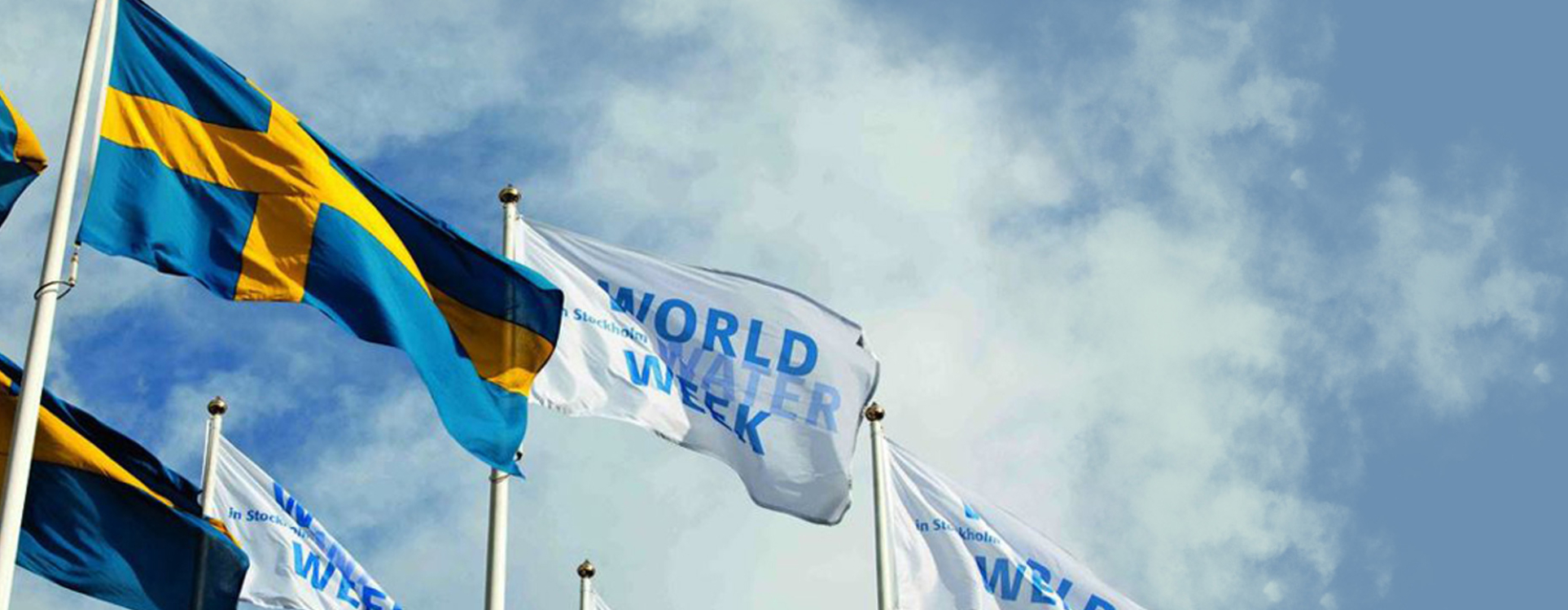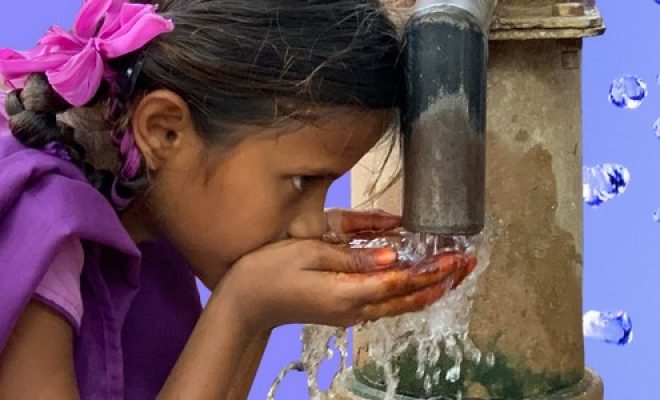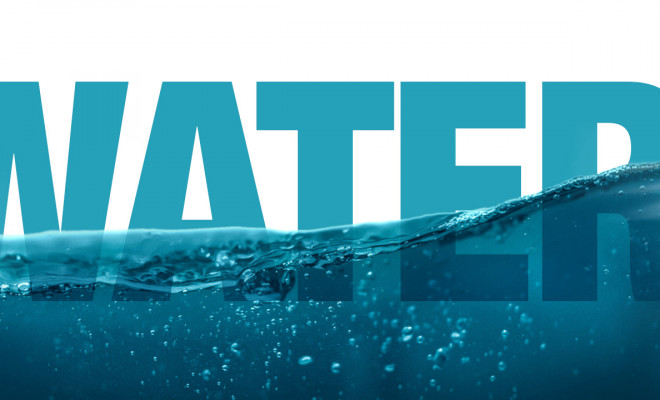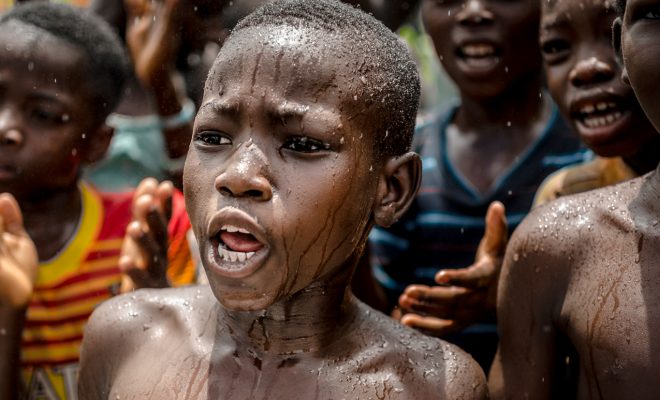“The diversity in the world of water and sanitation is immense, both in terms of problems and solutions. We’ve had a unique opportunity to share approaches and experiences and assess the immediate objectives we should address at the upcoming COP29 in Baku.” Carlos Garriga, the director of the Foundation, has been working at Stockholm World Water Week on the content for the Water for Climate Pavilion at COP29, which will be the venue for debating crucial issues concerning water and sanitation worldwide.
This is the first time the Foundation has been invited to participate in the world’s largest water-related event, held annually since 1991 and organised by the Stockholm International Water Institute (SIWI).
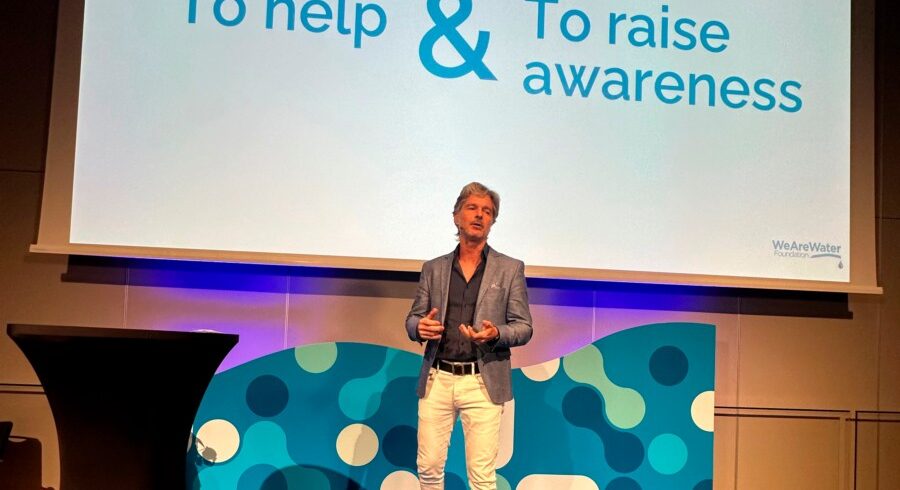
We participated in World Water Week, collaborating on creating a framework for the Water for Climate Pavilion at the upcoming COP29.
The Focus on Water at COPs
The conclusions, debates, and studies presented at World Water Week have helped shape the roadmap for the COPs held about three months later. Water is the primary factor for resilience against climate change, and the Stockholm forum has greatly contributed to universalising this concept and integrating it as a fundamental pillar in the Conferences of the Parties. At COP26 in Glasgow in 2021, establishing the Water for Climate Pavilion reached a significant turning point, unifying and amplifying the international community’s voice in climate change discussions.
“This year, there is an urgent need to foster maximum public-private collaboration, especially to develop research initiatives that encourage investment in sustainable water projects,” said Garriga. He emphasised the need for effective financing decisions to be made in Baku: “The current financial system is not delivering results for developing countries, many of which remain trapped in debt problems and are unable to attract the necessary investment.”
From the Foundation, we contribute to these conversations with 12 years of experience, during which we have helped nearly four million people across 38 countries in 96 projects. This work has given us a global perspective on the different approaches needed to tackle water and sanitation problems in the most disadvantaged regions.
The We Art Water Film Festival: A Message of Authenticity
We also presented the We Art Water Film Festival at Stockholm Week. “Cinema transcends borders and is a powerful communication tool,” Garriga explained to the gathered institutions and experts. The Festival’s goals and mission align with this year’s World Water Week theme: “Crossing Boundaries: Water for a Peaceful and Sustainable Future.”
We must overcome a communication challenge to properly convey the problems and solutions around water. “In the sixth edition, which we are launching next November, we hope to continue growing and contributing valuable pieces to the international communication effort,” explained the director of the Foundation. He also highlighted the 156 finalist short films from the five previous editions, available on the Festival’s website: “Each film offers reflections on the value of water in a direct way, using a human audiovisual language, free of gimmicks but not devoid of humour.”
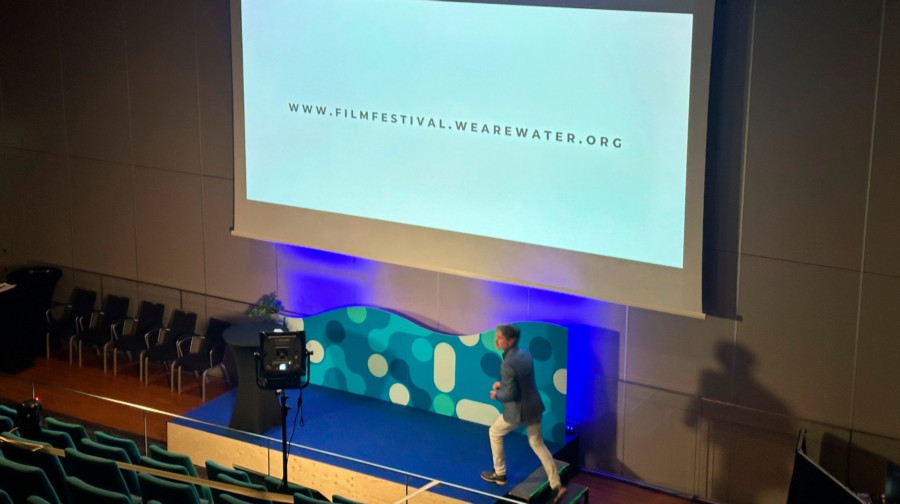
We also presented the We Art Water Film Festival at Stockholm Week.
Resilience, Hope, and Humor
“The increasing contributions from disadvantaged communities have enriched the Festival, which is its strength,” said Carlos Garriga. The voices and ideas of small communities are an antidote to despair and form the starting point for finding solutions to unequal access to water and sanitation, climate change mitigation, and environmental degradation.
During the presentation, we viewed some of the winning and finalist shorts from the fourth edition: Saving the Saviour by Indian filmmaker Jalal Ud Din Baba, a finalist in the micro-documentary category; The Magic Mountain by Colombian Nicolás Durán, winner in the micro-documentary category; and Color of Water by Nepali Sabin Maharjan, winner in the micro-fiction category.
Women in All Water Contexts
Adult women, girls, and adolescents are often the most affected by its scarcity and cultural norms that marginalise them despite being the backbone of the fight for water in the most neglected small communities. At the Foundation, we advocate for maintaining their prominence at the next COP. Independent journalist Núria Tesón, who accompanied Carlos Garriga during the Festival’s presentation, shared her experiences in conflict zones such as Sudan, Libya, and Gaza, highlighting the additional challenges women face in these areas regarding access to adequate and dignified personal hygiene due to the lack of water and sanitation.
Núria also interviewed Sabin Maharjan via videoconference, explaining how he chose to depict the drama of water pollution in his country (ironically, one of the nations with the most significant water resources) through the eyes of a child in Color of Water. This fresh perspective not only denounces the unacceptable scourge of water pollution but also emphasises the power of tenderness as a catalyst for urgent action.
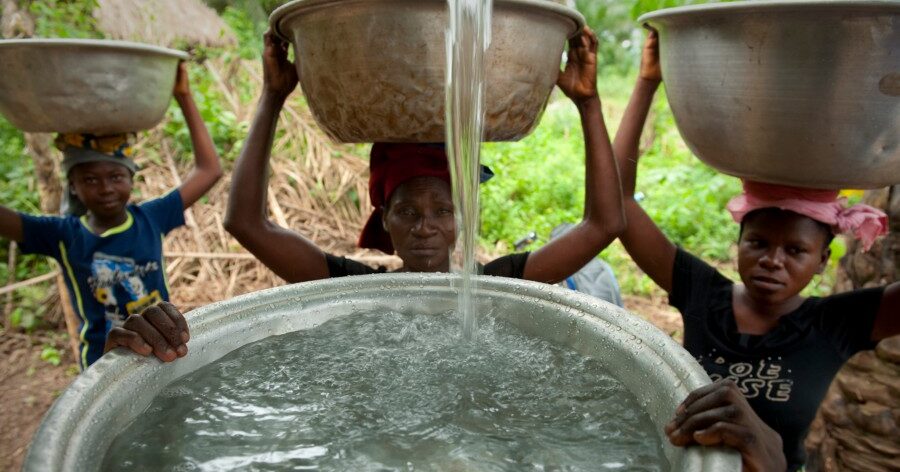
Adult women, girls and adolescent girls, despite being the mainstay of the struggle for water in the most neglected small communities, often bear the brunt of water scarcity and the cultural inertia that marginalises them. © Arne Hoel / World Bank


